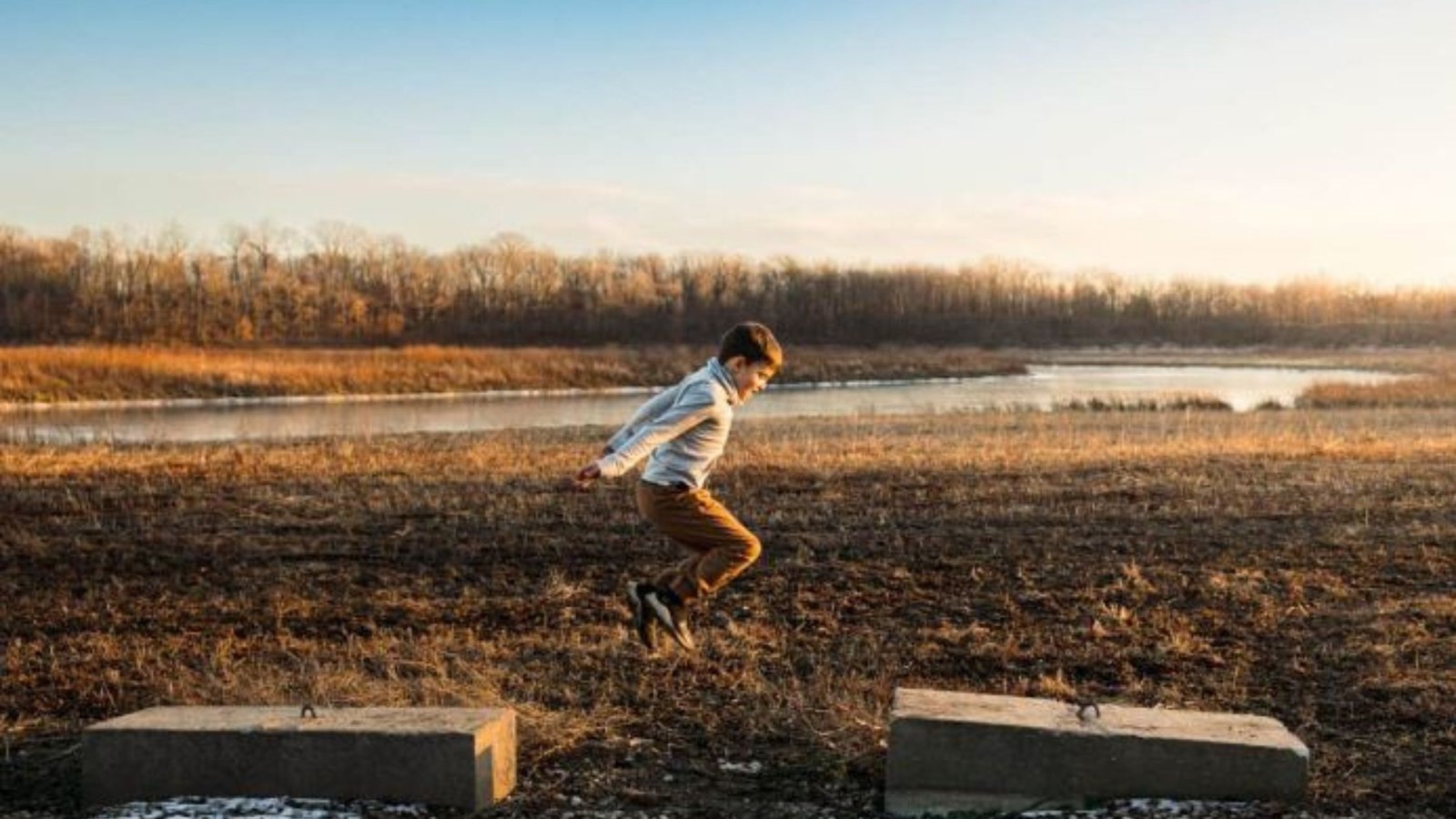In today’s digital age, where screens dominate daily life, spending time outdoors offers significant benefits for reducing screen time and promoting overall well-being. Here’s how engaging in outdoor activities can positively impact individuals and families:

Physical Activity and Movement
Outdoor experiences encourage physical activity and movement, providing an active alternative to sedentary screen time. Whether hiking, cycling, playing sports, or simply walking in nature, these activities promote cardiovascular health, muscle strength, and overall fitness. Engaging in physical outdoor activities helps counteract the sedentary behaviors associated with excessive screen time, contributing to a healthier lifestyle.
Stress Reduction and Mental Well-being
Spending time in natural environments has been shown to reduce stress levels and promote mental well-being. The sights and sounds of nature, such as trees, birdsong, and fresh air, have a calming effect on the mind and body. Outdoor activities like hiking or gardening provide opportunities for relaxation, mindfulness, and stress relief, helping individuals unwind from the pressures of daily screen use and digital connectivity.
Social Interaction and Connection
Outdoor experiences often involve social interaction and connection with others, whether with family, friends, or community members. Engaging in outdoor activities promotes face-to-face communication, teamwork, and shared experiences, strengthening relationships and fostering a sense of belonging. Socializing outdoors encourages meaningful connections that are less dependent on digital communication tools, enriching interpersonal dynamics and reducing reliance on screens for social interaction.
Cognitive Development and Creativity
Exploring outdoor environments stimulates cognitive development and creativity, especially in children. Nature offers endless opportunities for exploration, problem-solving, and imaginative play. Outdoor activities like building forts, identifying plants and animals, or simply playing in natural settings stimulate curiosity and innovation, enhancing cognitive skills and nurturing creativity. These experiences provide a stimulating alternative to screen-based entertainment, encouraging children and adults alike to engage their minds in new and enriching ways.
Healthy Sleep Patterns
Exposure to natural light and physical activity during outdoor experiences helps regulate circadian rhythms and improve sleep quality. Screen time, especially in the evening, can disrupt sleep patterns due to exposure to blue light and mental stimulation. Spending time outdoors during the day promotes better sleep by supporting the body’s natural sleep-wake cycle. Establishing a routine of outdoor activities can contribute to healthier sleep patterns, reducing the need for late-night screen use as a source of entertainment or relaxation.
Environmental Awareness and Stewardship
Engaging in outdoor activities fosters environmental awareness and stewardship. Exploring natural environments encourages individuals to appreciate the beauty and value of nature, fostering a sense of responsibility for environmental conservation. Outdoor enthusiasts often become advocates for protecting natural habitats and promoting sustainable practices, reducing their environmental footprint and encouraging others to prioritize outdoor experiences over excessive screen time.
Conclusion
Outdoor experiences provide numerous benefits for reducing screen time and enhancing overall well-being. By promoting physical activity, reducing stress, fostering social interaction, stimulating cognitive development, improving sleep patterns, and nurturing environmental stewardship, outdoor activities offer a holistic approach to reducing reliance on screens. Encouraging individuals and families to prioritize outdoor experiences can lead to healthier lifestyles, stronger interpersonal connections, and a greater appreciation for the natural world.











